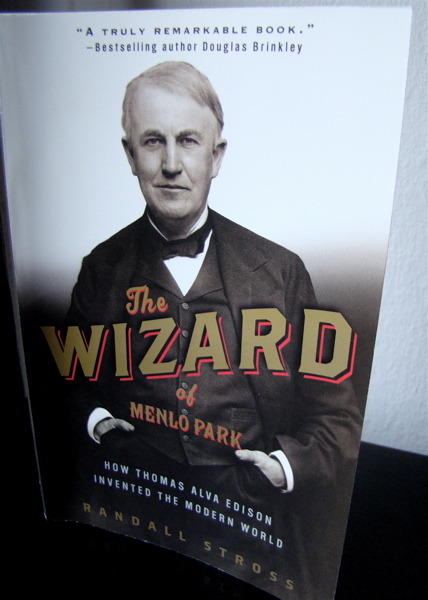
Some will already know Derek Sivers from his blog sivers.org. Sivers started CDBaby, a CD distributor for independent musicians, in 1998. He sold it 2007 when the company had $100m in revenue. He tells his story of CDBaby in detail in this book and it’s quite interesting.
Sivers was a musician before starting CDBaby and he created a small online shop for his CDs and other musicians asked him if he can offer their CDs, too. After a while more and more musicians asked for distribution and CDBaby grew. He said that after a while he talked to his first employee and said that they maybe need a second employee and he don’t want to grow the company.
It’s quite funny how he found a perfect opportunity but didn’t realize then that it was one. One main objective or like Guy Kawasaki would say the mantra of Sivers was to help musicians. Everything should help musicians to distribute their CDs.
If you are the owner of a company you can do with it anything you want. You don’t have to follow some strict rules or even some “common sense”. Sivers avoided lots of formalities and did just the stuff he wanted. For example, often people think that CEOs are handling the business deals – Sivers never wanted to do that – he looked for persons who were motivated and good at doing deals and let them do the work. But he enjoyed coding and thinking about improving his business and this was what he did.
He also talks a lot about delegation and overdelegation. At one point he delegated nearly everything to his employees, even the profit-sharing plan. After a while somebody said to him that his employees take all the profit, which wasn’t really into his intention. The result argument lead him to leave the USA and work alone from the UK.
Anything You Want is a really interesting story because he talks so much about things that gone wrong but it never appeared that he was unhappy in retro-perspective. I think the main points are that you should somehow help other people in providing products or services to them and that you can do anything you want with your business. All in all a real nice book, quite short but insightful. Do what makes you happy!

